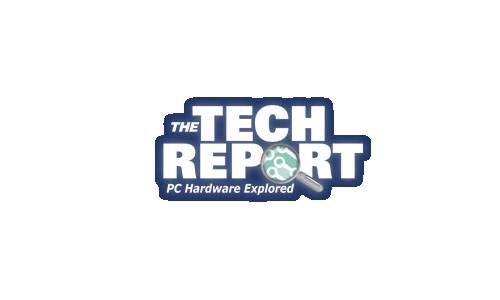Is there a difference in gaming performance when either a SSD or HDD is near 80% storage?
Will this only affect download and copying speeds, or does it have any impact on FPS, boot time, app responsiveness, or anything else?
When would you start to see any decrease in performance, and why? 50%?
Will a HDD or SSD suffer differently from each other?
What if you had both a SSD and HDD with the OS on SSD and games on HDD, what happens if one was more full/over 50%?
How would you benefit from having 2 hard drives? Does it increase performance in any way or is it just for managing storage?
Will this only affect download and copying speeds, or does it have any impact on FPS, boot time, app responsiveness, or anything else?
When would you start to see any decrease in performance, and why? 50%?
Will a HDD or SSD suffer differently from each other?
What if you had both a SSD and HDD with the OS on SSD and games on HDD, what happens if one was more full/over 50%?
How would you benefit from having 2 hard drives? Does it increase performance in any way or is it just for managing storage?
Last edited:



